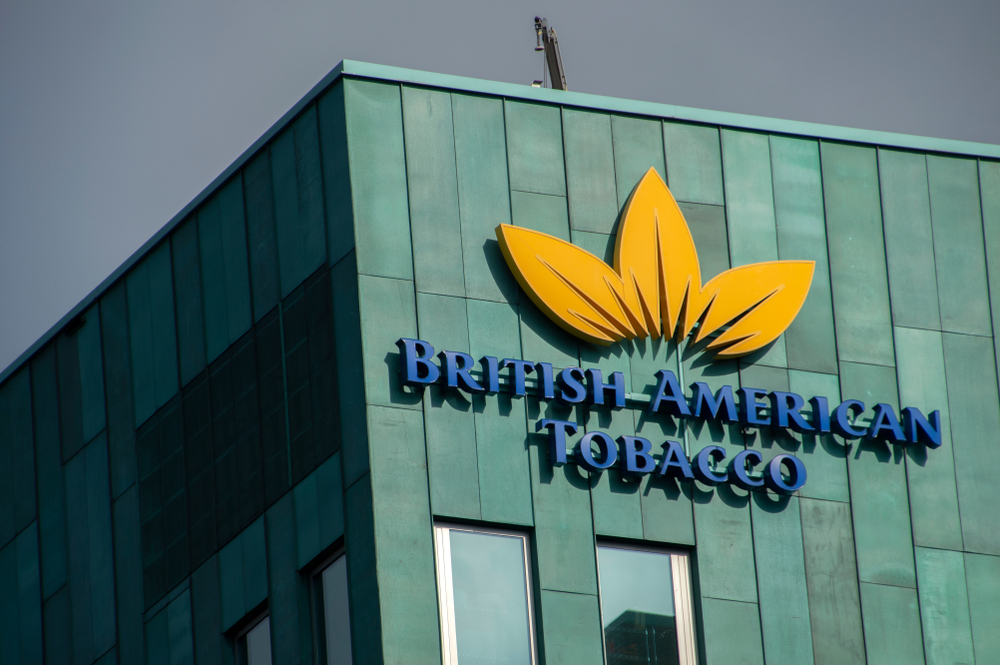How 2020 Changed the Financial Market and What to Expect in 2021?
Erika Papp, Managing Partner of CMS Budapest and the Head of Finance in CEE/CIS at CMS CEE, CMS Budapest
The ramifications from the pandemic and measures put in place in response to it are still being felt on financial markets in 2021. This article analyses the key market and legal developments anticipated in 2021, including banking M&A, real estate, private equity and project financing.
Banking M&A
Banking M&A has shown solid results over the last year. However, due to the crisis some banks may scale back operations and others could become branches or continue business in Hungary without a local branch. International banks hit by the crisis in their home countries may limit their activity and divest non-core elements of their businesses, which will fuel opportunities in banking M&A. Nevertheless, the outlook for banks remains positive in many areas. Some banks are expected to expand as they acquire new portfolios and businesses. Transactions are also expected to increase in the fintech sector and among “less-traditional banks,” which are areas where CEE economies have enjoyed success.
Project Financing
Solar projects have been popular investment targets in recent years and will continue to be sought after in 2021. The financing of METÁR projects in Hungary will begin this year as KÁT-based projects are slowly phased out. METÁR still has certain financing issues, such as a shorter maturity period and lower prices, but overall METÁR promises to be a competitive product for bank financing, which the Hungarian National Bank (MNB) intends to support with financing. European banking regulators also support renewable financing projects with the CRR Quick Fix, which offers beneficial capital treatment for bank loans in renewable projects. The MNB has issued a management circular explaining some of the more complex provisions surrounding the CRR Quick Fix.
Real Estate
Due to the continued demand for retail and commercial properties, real estate financing should remain strong. Furthermore, lenders want environmental sustainability in financing. As a result, banks are now including reporting obligations to prove that that green and other sustainability objectives are reached during the lifetime of a project. To this end, the EU has issued the new Sustainable Finance Disclosure Regulation, which introduces new rules and concepts that will assist businesses in honing and devising economic, social and corporate governance (ESG) strategies for the future. These rules will also apply to participants, advisers and products in the financial market sector, who will now be required to consider sustainability risks when making investment decisions, consider possible adverse results for each decision, and ensure that remuneration is linked to sustainability risks.
Restructuring and NPLs
As a result of the crisis, companies have been able to postpone and defer loan repayments. Although a necessary crisis measure, these deferments cannot continue indefinitely and businesses are adopting strategies for the future. Thus, more restructuring is expected in 2021. The success of these strategies and the overall state of the market will be clearer by the end of the third quarter, but more disposals may take place at this time as adjustments continue. One important tool that has been introduced to help struggling companies fend of bankruptcy is the new EU Preventative Restructuring Directive. This permits the rapid sale of companies, which should provide relief to many hard-hit businesses.
Acquisition Finance
Over the last year, the pandemic did not dampen investor readiness to conduct transactions, especially in private equity with some sectors revealing particular resilience, if not robustness. These included e-retailers, who saw an obvious uptick in business during lockdowns, IT and pharma. Solar projects remain popular targets for acquisition. By the second quarter of this year, the overall investment climate should become clearer. As valuations stabilize, markets are expected to gain strength, particularly as private-equity investors introduce new products and banks prepare for acquisition financing deals.
Clearly, the current crisis is not over, but light is visible at the end of the tunnel, financial markets remain flexible and strong, and policies are being introduced that should help companies navigate the final stretch of the crisis and profit in the post-pandemic world.
This article was first published in the Budapest Business Journal print issue of March 12, 2021.
SUPPORT THE BUDAPEST BUSINESS JOURNAL
Producing journalism that is worthy of the name is a costly business. For 27 years, the publishers, editors and reporters of the Budapest Business Journal have striven to bring you business news that works, information that you can trust, that is factual, accurate and presented without fear or favor.
Newspaper organizations across the globe have struggled to find a business model that allows them to continue to excel, without compromising their ability to perform. Most recently, some have experimented with the idea of involving their most important stakeholders, their readers.
We would like to offer that same opportunity to our readers. We would like to invite you to help us deliver the quality business journalism you require. Hit our Support the BBJ button and you can choose the how much and how often you send us your contributions.








